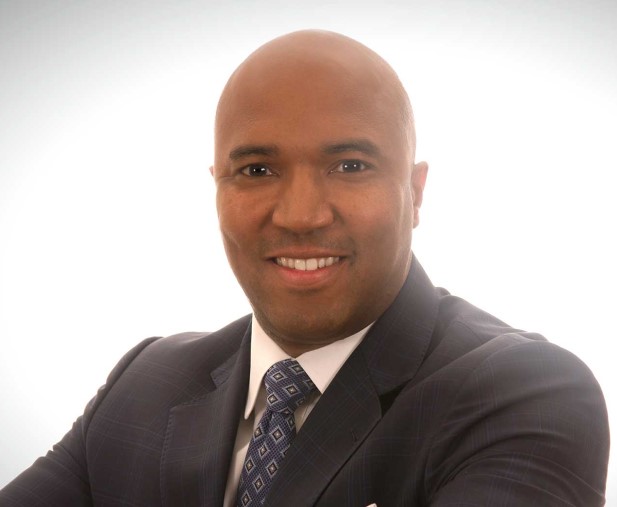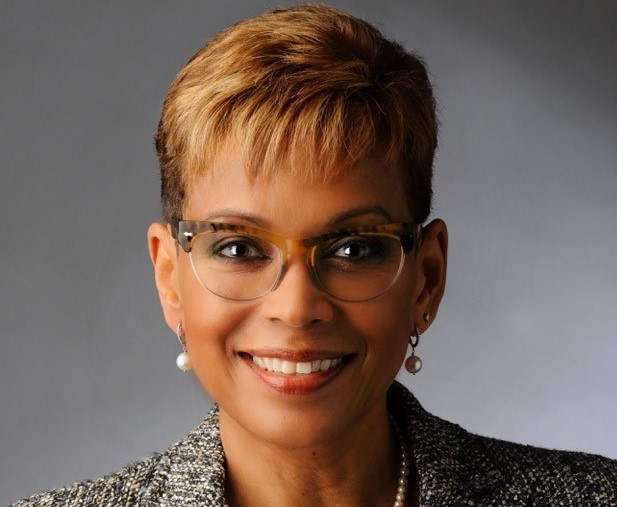Matters of diversity and inclusion in commercial real estate have never been higher on the corporate agenda, but firms throughout the industry still need to make significant progress to achieve change, according to experts.
“The commercial real estate industry in the US has long been challenged by a lack of diversity which impacts its ability to be equitable and inclusive. The events of 2020 triggered a reassessment of the industry’s efforts and the gaps that have prevailed in the industry since ‘forever’,” said Collete English Dixon, Executive Director, Marshall Bennett Institute of Real Estate, Roosevelt University, Chicago. “There have been many discussions and presentations about how the industry might approach the effort to improve diversity differently this time – with more intent, commitment, engagement and transparency.”

Maintaining the Value of Your Real Estate in the Post-Pandemic World
As noted by Dixon, critical in accelerating efforts were last year’s renewed protests in support of the Black Lives Matter movement, which came in the wake of George Floyd’s murder in Minneapolis in May 2020. Meanwhile, greater awareness of female issues in the workplace sparked by #metoo and a focus on growing social inequities during the pandemic have also reignited debate.
Accordingly, the last 12 months have seen some of the biggest firms in global real estate increasingly prioritize these issues, with the world’s largest landlord, Blackstone, appointing a Global Head of Diversity, Equity and Inclusion (DE&I) for the first time in June 2021.
Devin Glenn has been appointed as a managing director at the firm, charged with implementing policies to help Blackstone continue to achieve a more diverse and inclusive workplace. Said Paige Ross, Blackstone’s Global Head of Human Resources: “In recent years, we’ve expanded our recruiting pipeline, introduced new programs to increase engagement and retention of employees and set goals for more diverse boards. I’m thrilled to welcome Devin to the firm as we continue to push ourselves to be a leader in this area.”

Tim Dismond, Chief Responsibility Officer, CBRE
While Blackstone’s initiative will be observed closely by the industry, a number of firms have been circling this issue of diversity and inclusion in commercial real estate for some time. CBRE’s Chief Responsibility Officer, Tim Dismond, who was appointed in June 2020, said that “DE&I at CBRE is embedded in our strategic priorities and we also firmly believe it’s the right thing to do for our employees and communities. That’s why we have active roles within coalitions such as the Business Roundtable, CEO Action for Diversity & Inclusion and Paradigm for Parity.” Dismond added: “CBRE has programs that target talent from Historically Black Colleges and Universities and introduce students to the commercial real estate industry and diverse career paths within the industry.”
Dismond also called the inclusion aspect “an ongoing commitment and journey”. Initiatives in this area have included “implementing a global unconscious bias and inclusive training for all employees – more than 90% of participants shared that it was a valuable use of their time, with high quality and relevant content. The training was translated into 32 languages,” Dismond said.
Diversity and inclusion in commercial real estate: a blueprint
JLL has also been tackling the issue through the appointment of a dedicated executive. JLL’s Global Head of Diversity & Inclusion, Ingrid Jacobs, said: “For years JLL has had an active focus and steadfast commitment to diversity, inclusion and equality throughout our operations. We recognize for us to succeed today and in the future, it’s mission-critical that we improve equality and foster inclusion – not just within our own walls, but also throughout the communities where we operate.
“This past year, JLL accelerated our efforts to embed diversity more deeply into the DNA of our company. We expanded our internal team dedicated to diversity and inclusion initiatives and launched leadership development programs and summits, specifically for high potential women, Black professionals and Latino/Latina professionals. We also continued training for all employees in unconscious basis, microaggressions and launched the JLL inclusive behaviours program.”
“Externally, we partnered with organizations supporting different aspects of diverse talent, including Best Buddies, Hiring our Heroes, Year Up, Changing the Face of Property, Girls in Property and Women in Property to name a few. To further our support of our clients and communities, we’re maintaining a strong focus on our long-standing Supplier Diversity Program, which is aimed at increasing business opportunities for small and minority-owned businesses.”
Diversity and inclusion in commercial real estate: education matters
While best practice among some of real estate’s biggest businesses is crucial for leading by example, an ongoing problem remains access to real estate educational programs for a diverse range of students.
Dixon, who has more than 30 years of experience in investment management for firms including PGIM Real Estate, became the first woman of color to lead a university real estate program in the United States when she took charge of the Marshall Bennett Institute of Real Estate, Roosevelt University in 2017. Dixon said that making careers in the industry attractive to a range of students was a key challenge.

Collete English Dixon, Executive Director, Marshall Bennett Institute of Real Estate, Roosevelt University, Chicago
“The Marshall Bennett Institute of Real Estate has always attracted a very diverse student body, like Roosevelt University at large. However, the BIPOC community still lacks awareness of the opportunity for satisfying careers in commercial real estate, which limits the diversity of talent we can add to the industry,” she said.
“To bridge that knowledge gap, the Marshall Bennett Institute of Real Estate is partnering with the Real Estate Executive Council (REEC), a US-based organization of senior-level, African Americans in the commercial real estate industry, to host a two-week immersion program for Black and brown high school students. This summer, 10 universities with real estate programs are working with REEC to open the doors of the industry to these young people – approximately 250 students for 2021 – in hopes that we trigger an excitement about the industry that will lead these young people to pursue academic degrees leading to careers in commercial real estate.”

Maintaining the Value of Your Real Estate in the Post-Pandemic World
Meanwhile, a growing range of associations and private firms are examining how they can improve diversity and inclusion in commercial real estate through new partnerships. Project Destined, a US-wide social impact platform that focuses on teaching underserved communities the fundamentals of commercial real estate, continues to forge a range of initiatives. Its latest program, The Mom Project, has been specifically designed to reach mothers from underrepresented communities, “because moms of color are the most educated of all American demographics yet have less opportunity for advancement in their careers”, according to the program literature.
Investor BentallGreenOak (BGO) is one of a number of real estate investment firms which have recently unveiled key initiatives tackling diversity and inclusion in commercial real estate. BGO’s Built to Lead recruitment programs have been working with diverse and underrepresented communities across Canada and the US, and today include university scholarship programs and internship opportunities.



